Gary S. Becker
Human Capital
A Theoretical and Empirical Analysis, with Special Reference to Education
Third Edition
The University of Chicago Press
Chicago and London

This book is published by arrangements with the National Bureau of Economic Research.
The University of Chicago Press, Chicago 60637
The University of Chicago Press, Ltd., London
1964, 1975, 1993 by The National Bureau of Economic Research
All rights reserved. Published 1993
Printed in the United States of America
15 14 13 12 11 10 09 08 6 7 8 9
ISBN 0-226-04120-4 (paper)
ISBN 978-0-226-04122-3 (e-book)
Library of Congress Cataloging-in-Publication Data
Becker, Gary Stanley, 1930
Human Capital : a theoretical and empirical analysis, with special reference to education / Gary S. Becker.3rd ed.
p. cm.
Includes index.
1. EducationEconomic aspectsUnited States. 2. Manpower policyUnited States. 3. Human capitalUnited States. I. Title.
LC66.B4 1993
331.11423dc20
93-24690
CIP
 The paper used in this publication meets the minimum requirements of the American National Standard for Information SciencesPermanence of Paper for Printed Library Materials, ANSI Z39.48-1992.
The paper used in this publication meets the minimum requirements of the American National Standard for Information SciencesPermanence of Paper for Printed Library Materials, ANSI Z39.48-1992.
National Bureau of Economic Research
Officers
George T. Conklin, Jr., chairman
Paul W. McCracken, vice chairman
Martin Feldstein, president and chief executive officer
Geoffrey Carliner, executive director
Charles A. Walworth, treasurer
Sam Parker, director of finance and administration
Directors at Large
John H. Biggs
Andrew Brimmer
Carl F. Christ
George T. Conklin, Jr.
Don R. Conlan
Kathleen B. Cooper
Jean A. Crockett
George C. Eads
Martin Feldstein
George Hatsopoulos
Lawrence R. Klein
Franklin A. Lindsay
Paul W. McCracken
Leo Melamed
Robert T. Parry
Peter G. Peterson
Robert V. Roosa
Richard N. Rosett
Bert Seidman
Eli Shapiro
Donald S. Wasserman
Directors by University Appointment
Jagdish Bhagwati, Columbia
William C. Brainard, Yale
Glen G. Cain, Wisconsin
Franklin Fisher, Massachusetts Institute of Technology
Saul H. Hymans, Michigan
Marjorie B. McElroy, Duke
James L. Pierce, California, Berkeley
Andrew Postlewaite, Pennsylvania
Nathan Rosenberg, Stanford
Harold T. Shapiro, Princeton
Craig Swan, Minnesota
Michael Yoshino, Harvard
Arnold Zellner, Chicago
Directors by Appointment of Other Organizations
Marcel Boyer, Canadian Economics Association
Rueben C. Buse, American Agricultural Economics Association
Richard A. Easterlin, Economic History Association
Gail Fosler, The Conference Board
A Ronald Gallant, American Statistical Association
Robert S. Hamada, American Finance Association
Charles Lave, American Economic Association
Rudolph A. Oswald, American Federation of Labor and Congress of Industrial Organizations
Dean P. Phypers, Committee for Economic Development
James F. Smith, National Association of Business Economics
Charles A. Walworth, American Institute of Certified Public Accountants
Directors Emerti
Moses Abramovitz
Emilio G. Collado
Thomas D. Flynn
Gottfried Haberler
Geoffrey H. Moore
James J. OLeary
George B. Roberts
William S. Vickrey
Relation of the Directors to the Work and Publication of the National Bureau of Economic Research
1. The object of the National Bureau of Economic Research is to ascertain and to present to the public important economic facts and their interpretation in a scientific and impartial manner. The Board of Directors is charged with the responsibility of ensuring that the work of the National Bureau is carried on in strict conformity with this object.
2. The President of the National Bureau shall submit to the Board of Directors, or to its Executive Committee, for their formal adoption all specific proposals for research to be instituted.
3. No research report shall be published by the National Bureau until the President has sent each member of the Board a notice that a manuscript is recommended for publication and that in the Presidents opinion it is suitable for publication in accordance with the principles of the National Bureau. Such notification will include an abstract or summary of the manuscripts content and a response form for use by those Directors who desire a copy of the manuscript for review. Each manuscript shall contain a summary drawing attention to the nature and treatment of the problem studied, the character of the data and their utilization in the report, and the main conclusions reached.
4. For each manuscript so submitted, a special committee of the Directors (including Directors Emeriti) shall be appointed by majority agreement of the President and Vice Presidents (or by the Executive Committee in case of inability to decide on the part of the President and Vice Presidents), consisting of three Directors selected as nearly as may be one from each general division of the Board. The names of the special manuscript committee shall be stated to each Director when notice of the proposed publication is submitted to him. It shall be the duty of each member of the special committee to read the manuscript. If each member of the manuscript committee signifies his approval within thirty days of the transmittal of the manuscript, the report may be published. If at the end of that period any member of the manuscript committee withholds his approval, the President shall then notify each member of the Board, requesting approval or disaproval of publication, and thirty days additional shall be granted for this purpose. The manuscript shall then not be published unless at least a majority of the entire Board who shall have voted on the proposal within the time fixed or the receipt of votes shall have approved.
5. No manuscript may be published, though approved by each member of the special manuscript committee, until forty-five days have elapsed from the transmittal of the report in manuscript form. The interval is allowed for the receipt of any memorandum of dissent or reservation, together with a brief statement of his reasons, that any member may wish to express; and such memorandum of dissent or reservation shall be published with the manuscript if he so desires. Publication does not, however, imply that each member of the Board has read the manuscript, or that either members of the Board in general or the special committee have passed on its validity in every detail.
6. Publications of the National Bureau issued for informational purposes concerning the work of the Bureau and its staff, or issued to inform the public of activities of Bureau staff, and volumes issued as a result of various conferences involving the National Bureau shall contain a specific disclaimer noting that such publication has not passed through the normal review procedures required in this resolution. The Executive Committee of the Board is charged with review of all such publications from time to time to ensure that they do not take on the character of formal research reports of the National Bureau, requiring formal Board approval.
Next page
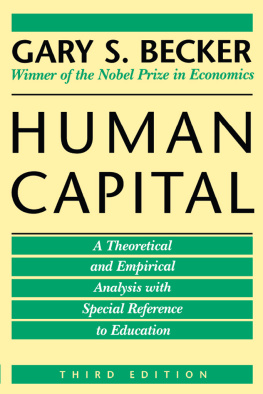
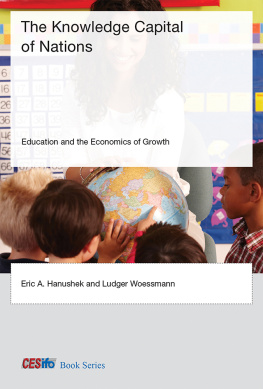


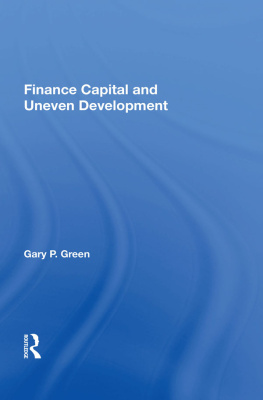

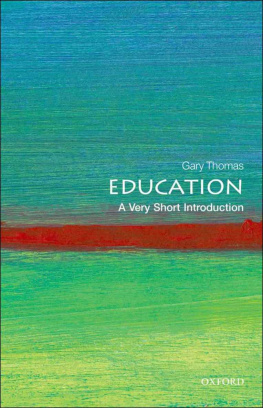
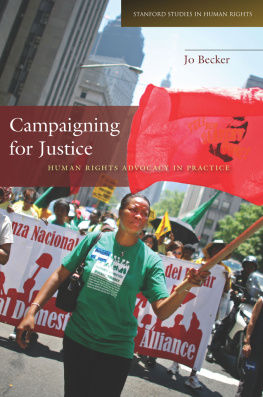
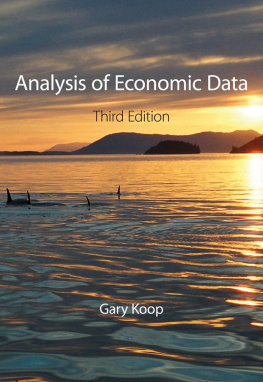
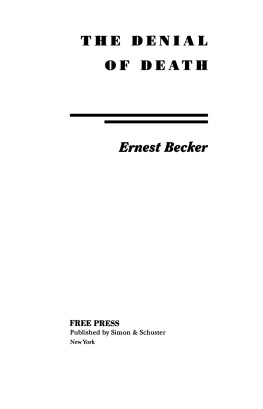

 The paper used in this publication meets the minimum requirements of the American National Standard for Information SciencesPermanence of Paper for Printed Library Materials, ANSI Z39.48-1992.
The paper used in this publication meets the minimum requirements of the American National Standard for Information SciencesPermanence of Paper for Printed Library Materials, ANSI Z39.48-1992.